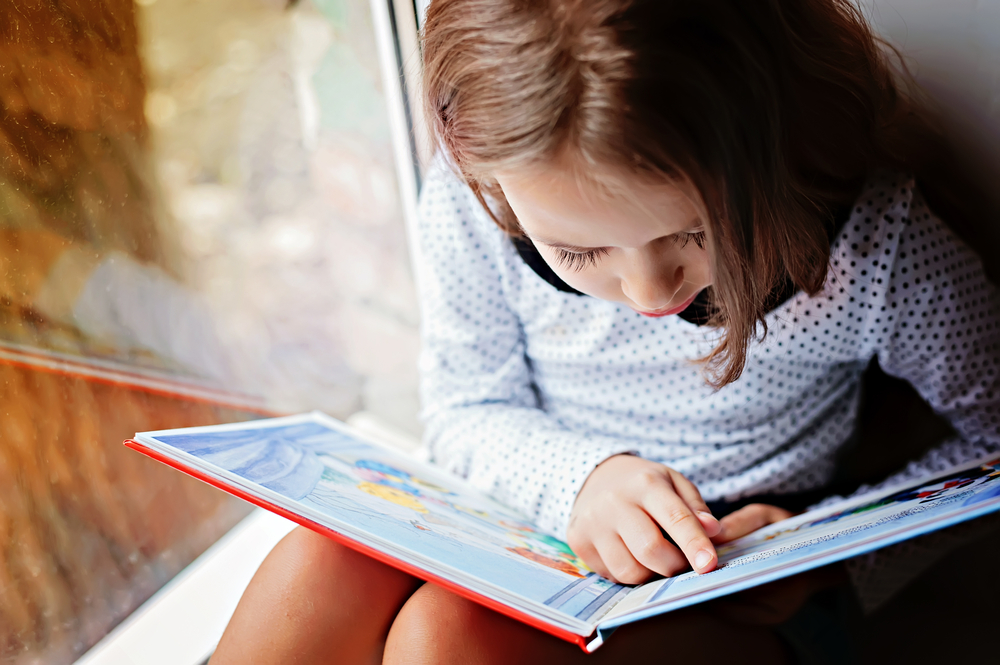Study shows Montessori preschool boosts academic results
Published on Tuesday, 13 February 2018
Last updated on Wednesday, 15 January 2020

Children in Montessori preschools show improved academic performance and social understanding, while enjoying their school work more, according to findings from the first longitudinal study of Montessori education outcomes.
Strikingly, children from low-income families, who typically don't perform as well at school, show similar academic performance as children from high-income families and children with low executive function also benefit from Montessori preschools.
The study, published in Frontiers in Psychology, suggests that well-implemented Montessori education could be a powerful way to help disadvantaged children to achieve their academic potential.
"The study is relevant for parents choosing what schools to enrol their children in, and for school districts in deciding what kinds of schools to offer," says one of the study's authors, Dr Angeline Lillard, from the University of Virginia, in the United States.
Previous research suggests that the Montessori method -- which aims to develop both social and academic abilities in children -- is a promising educational approach. Children in Montessori classrooms can move around freely, choose from a range of educational activities, and receive no grades or rewards for performance. However, there is an overall lack of knowledge about how effective the Montessori method is, and how it compares with conventional education.
Dr Lillard and her colleagues compared educational outcomes for a large group of children in Montessori preschools or conventional preschools in Connecticut, USA. The research team carried out a variety of assessments with the children over a three-year period, from when they were aged three until they were aged six.
"We found that children in Montessori schools did better overall than children in conventional schools," says Dr Lillard.
"The greater gains in academic achievement for Montessori children were accompanied by greater gains in social understanding, stronger persistence on challenging tasks, and more enjoyment of academic tasks."
The researchers also looked at children from two groups that typically do not perform as well at school: those from poorer backgrounds and those with lower executive function - a measurement of skills that allow someone to control their behaviour to achieve a goal.
Strikingly, the Montessori preschools significantly helped low-income children to perform as well as wealthier children academically. Statistically, after three years in the preschool programs, low-income Montessori children performed as well as high-income children in both Montessori preschools and conventional preschools.
Similarly, the team found that children with lower executive function were not at a disadvantage in Montessori schools, and performed as well as those with higher executive function. These findings are in stark contrast with what the researchers found in conventional schools, where low-income children, and those with lower executive function, performed worse than their peers.
The team plans to investigate whether all Montessori schools are as beneficial, or if only high-quality Montessori produces these effects. Another possibility is that Montessori schools attract better teachers. Future work will look at how Montessori teacher training programs affect educational outcomes.
"Montessori education started with very poor children in a housing project in Rome, over 100 years ago, however, several of today's most prominent entrepreneurs went to, and have publicly spoken about the influence of, Montessori schools," says Dr Lillard.
Related Articles

A close look at the Montessori Approach
An overview of the Montessori approach; one of the most popular and fastest growing educational philosophies in the world.

What Australia can learn from the Finnish HEI System
Why the Finnish approach to education is always top of the class.

A close look at intentional teaching
Intentional teaching is a term used frequently in relation to early childhood education, but what is it exactly, and can any educators or carers incorporate it into their program?
